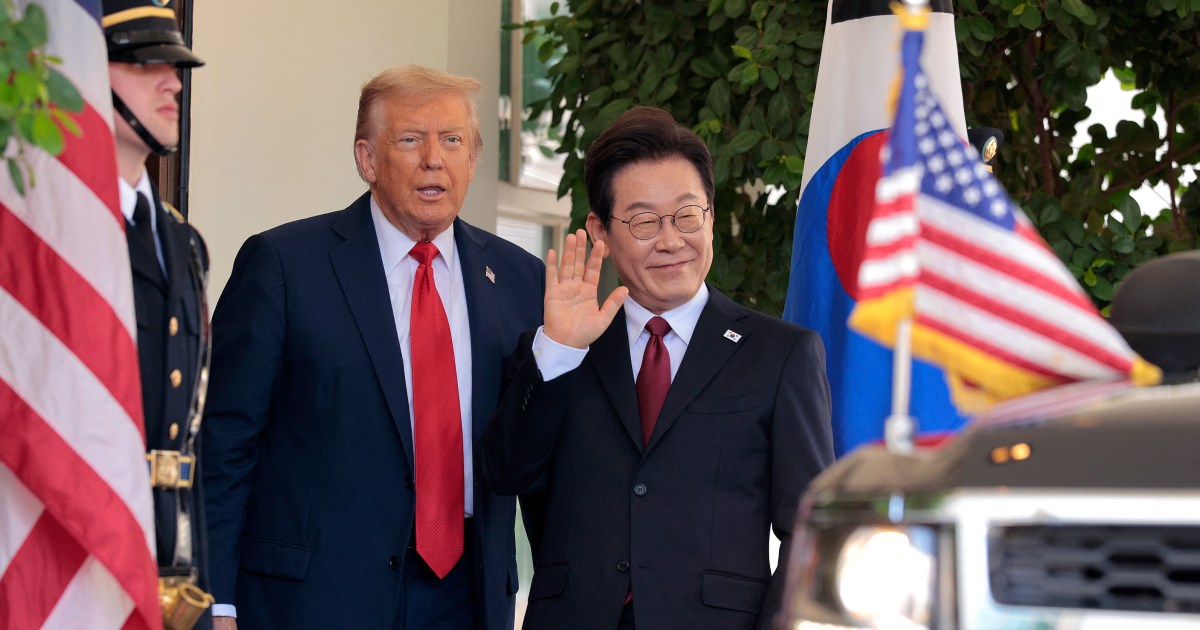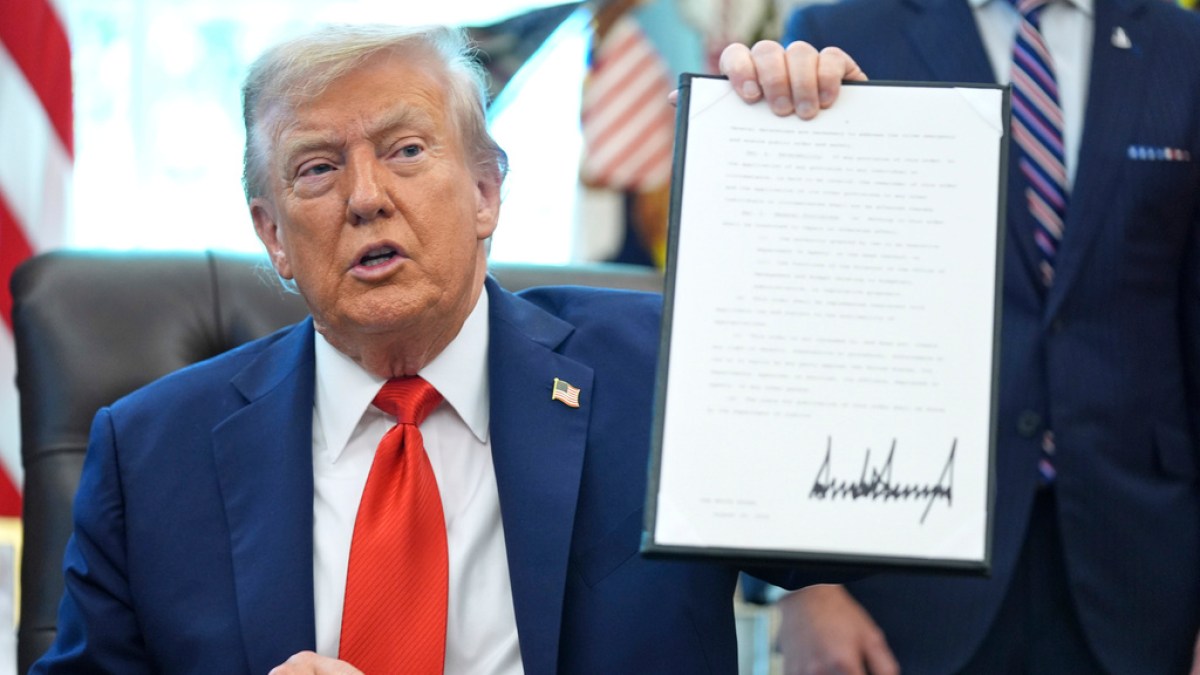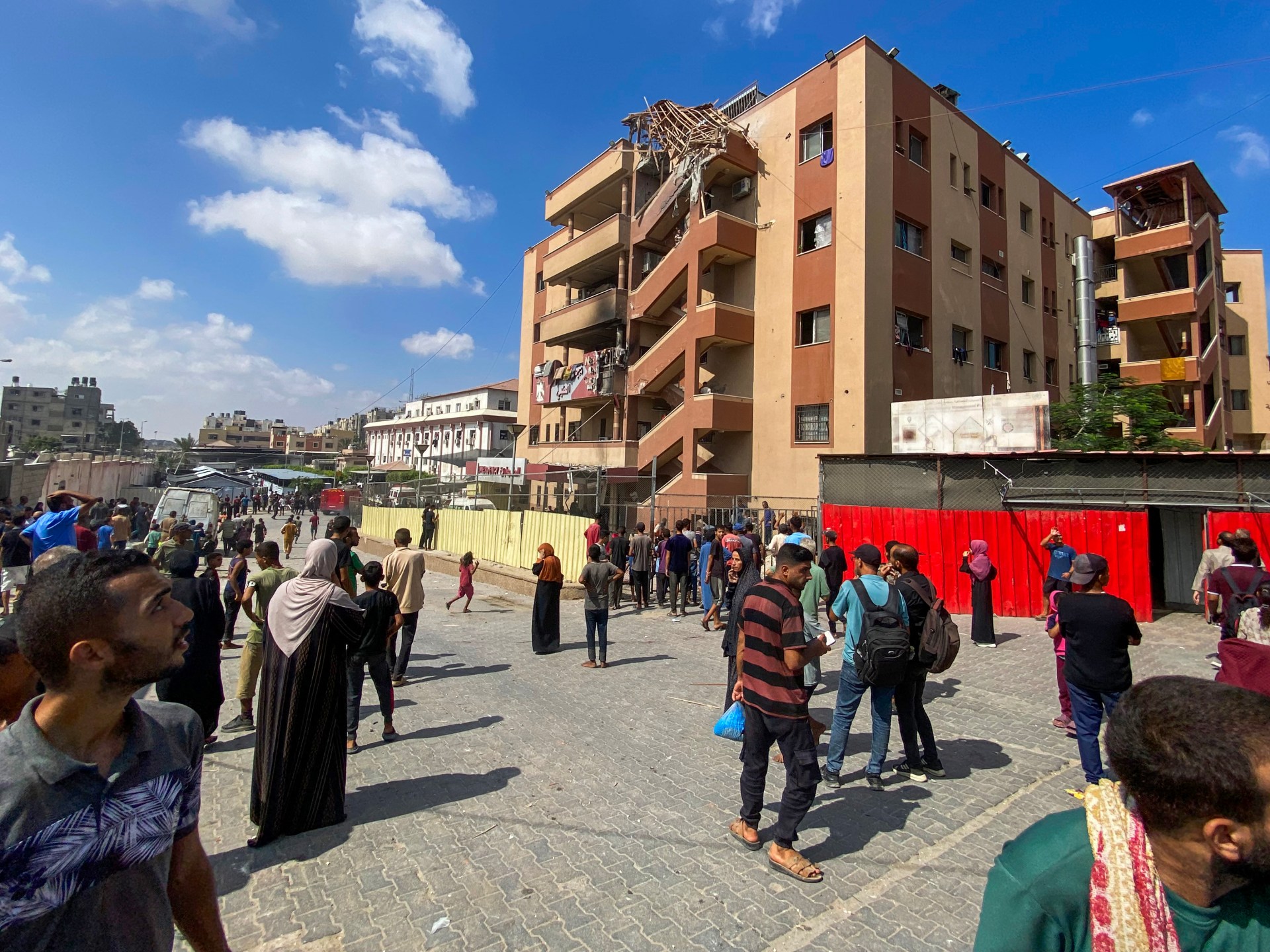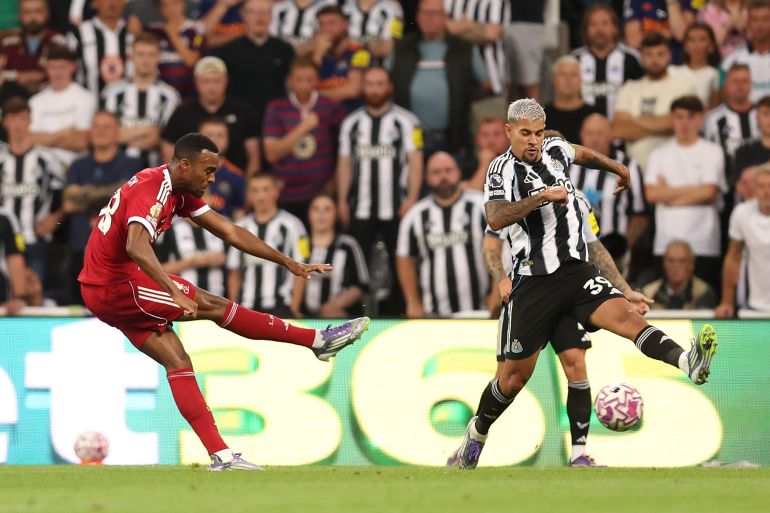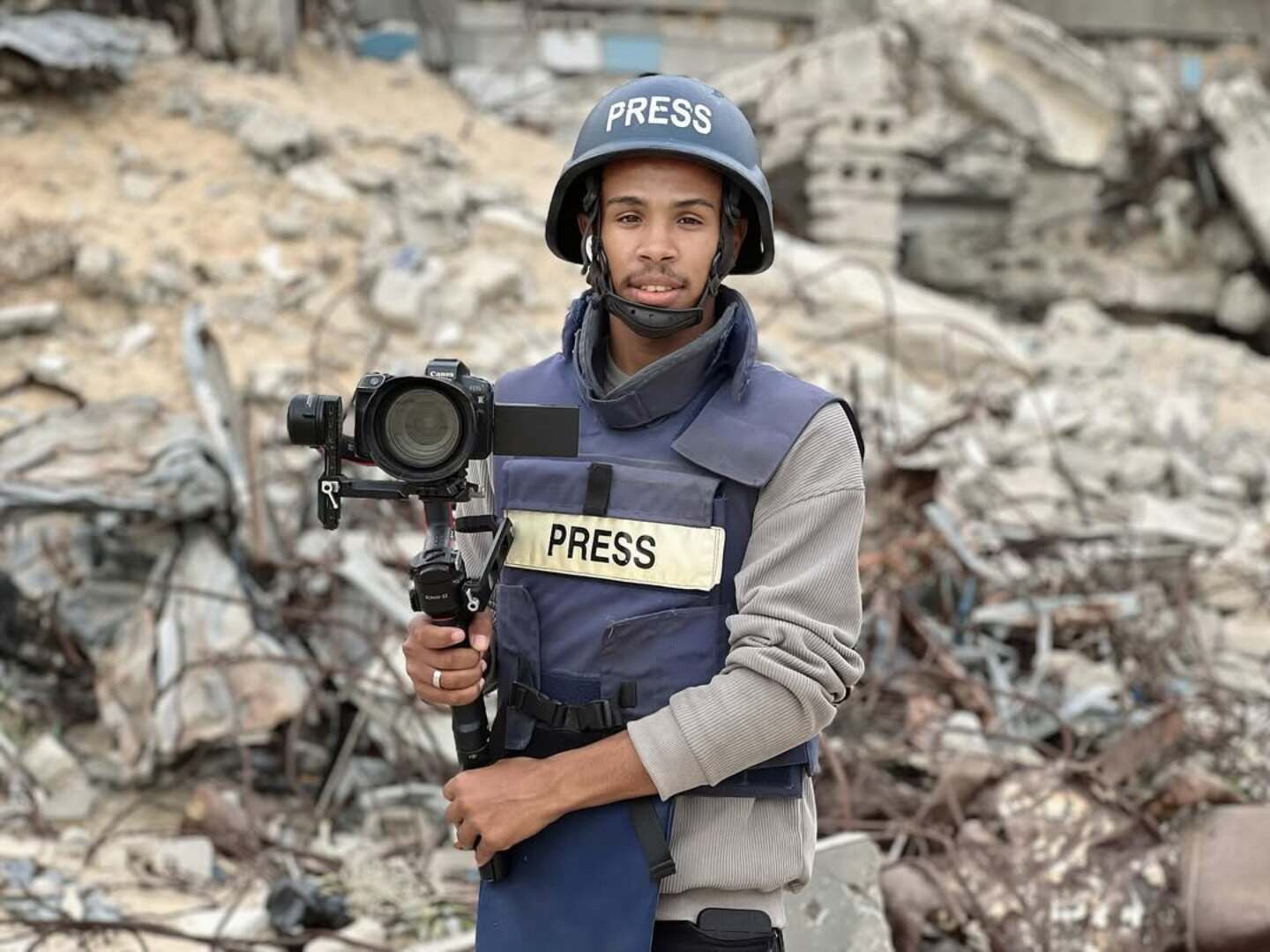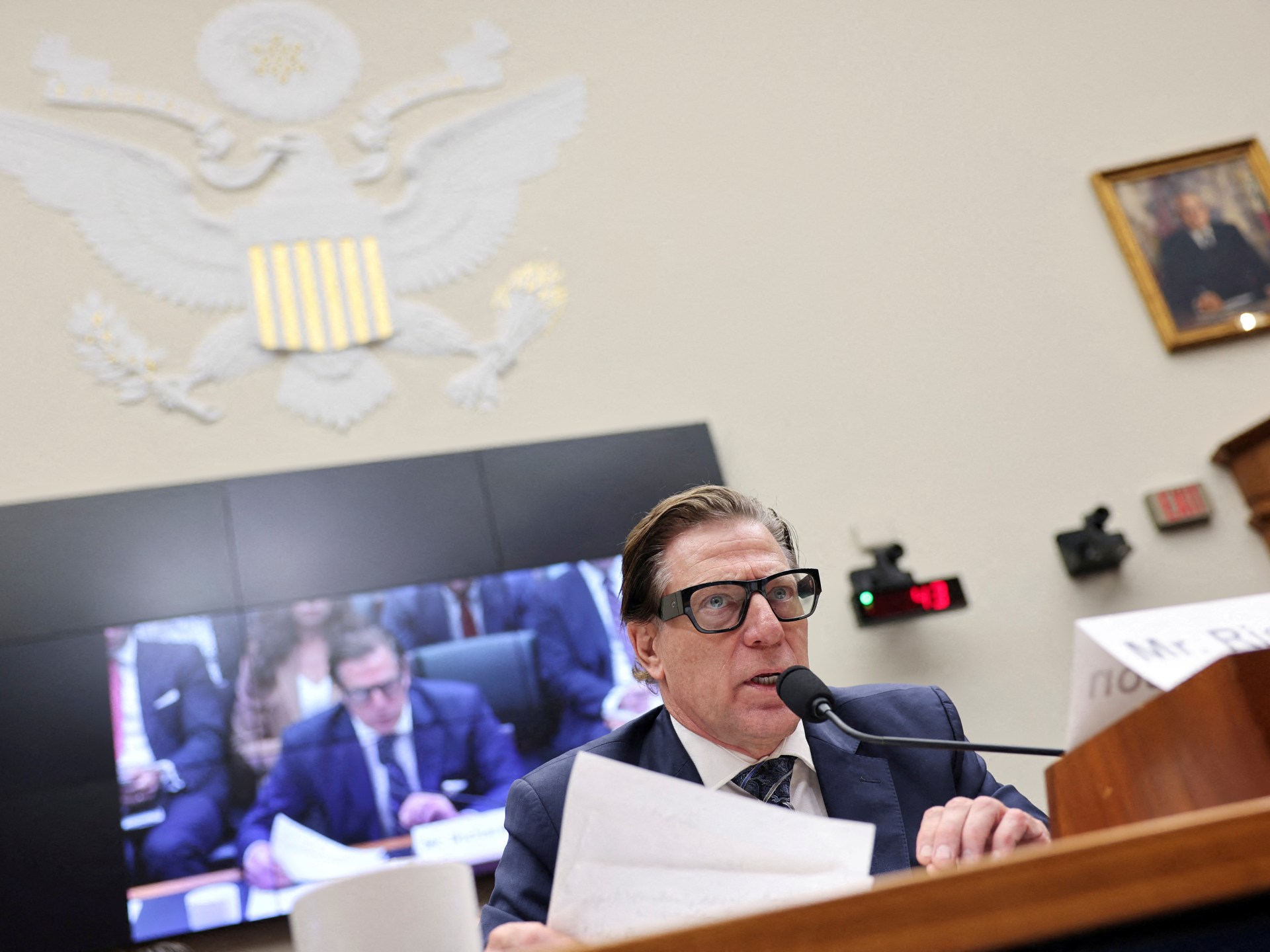During a meeting at the White House, President Trump and South Korean President Lee Jae-myung have made an announcement that they are ready to speak with Kim Jong Un, the country’s hereditary leader.
As South Korea’s new leader, Lee, who has promised to “heal the wounds of division and war,” said his North Korean counterpart “will be waiting” for him.
In a speech in Korean, Lee said, “I hope you can bring peace to the Korean Peninsula, the only divided country in the world, so that you can meet with Kim Jong Un,” and that you will construct a Trump Tower there so I can play golf there.
Trump, who has previously met with Kim on three occasions, stated to reporters in the Oval Office that he intends to meet with the leader of North Korea once more this year.
I’ll see him someday, I promise. I’m anxious to meet him. Trump continued, “He was very good with me,” adding that he was close to knowing Kim “better than anyone, almost, besides his sister.”
Trump also stated that the US should be able to own the land where 28, 500 American troops are stationed in US military installations during his meeting with the president of South Korea.
“We spent a lot of money on the construction of a fort, and South Korea contributed as well,” Trump said. “I’d like to see if we can get rid of the lease and take control of the land where we have a massive military base.”
Following the impeachment of former president Yoon Suk-yeol, who briefly imposed martial law late last year in a move that was quickly overturned by lawmakers and led to his arrest on alleged insurrection charges, Lee made his first appearance in the White House after being elected in June.
Lee has publicly worked to improve relations between South Korea and its northern neighbor since taking office. However, Pyongyang has so far turned down diplomatic offers.
In an effort to rekindle trust, Lee declared last week that he would work to restore the so-called September 19 Military Agreement, which was signed at an inter-Korean summit in 2018. He would also suspend military activity along South Korea’s border with North Korea.
North Korea criticized Lee’s announcement, claiming it was made as South Korea and the United States conducted joint military exercises.
The drills demonstrated Washington’s desire to “occupy” the entire Korean Peninsula, according to North Korean state media.
North Korean state media cited Kim Yong Bok, first vice-chief of the General Staff of the Korean People’s Army, as saying, “If they continue to be in the military rehearsal, they will certainly face the unpleasant situation and pay a dear price.”
A “church raid”
Trump took to Twitter to denounce what he called “a Purge or Revolution” in South Korea moments before Lee arrived at the White House. What is happening in South Korea? It appears to be a revolution or purge. Trump stated on his Truth Social platform, “We can’t have that and conduct business there.”
Trump responded to his question about his post by saying, “I’m sure it’s a misunderstanding, but there’s a rumor about raiding churches… I did hear that from intelligence.”
According to South Korea’s official Yonhap News Agency, last month, the Special Prosecutor Min Joong-ki’s team “investigated various allegations involving former first lady Kim Keon Hee” raided Unification Church facilities and officials connected to the religious sect.
Additionally, Seoul police detained the evangelical preacher Jun Kwang-hoon, who organized protests in support of President Yoon after he was ousted.
